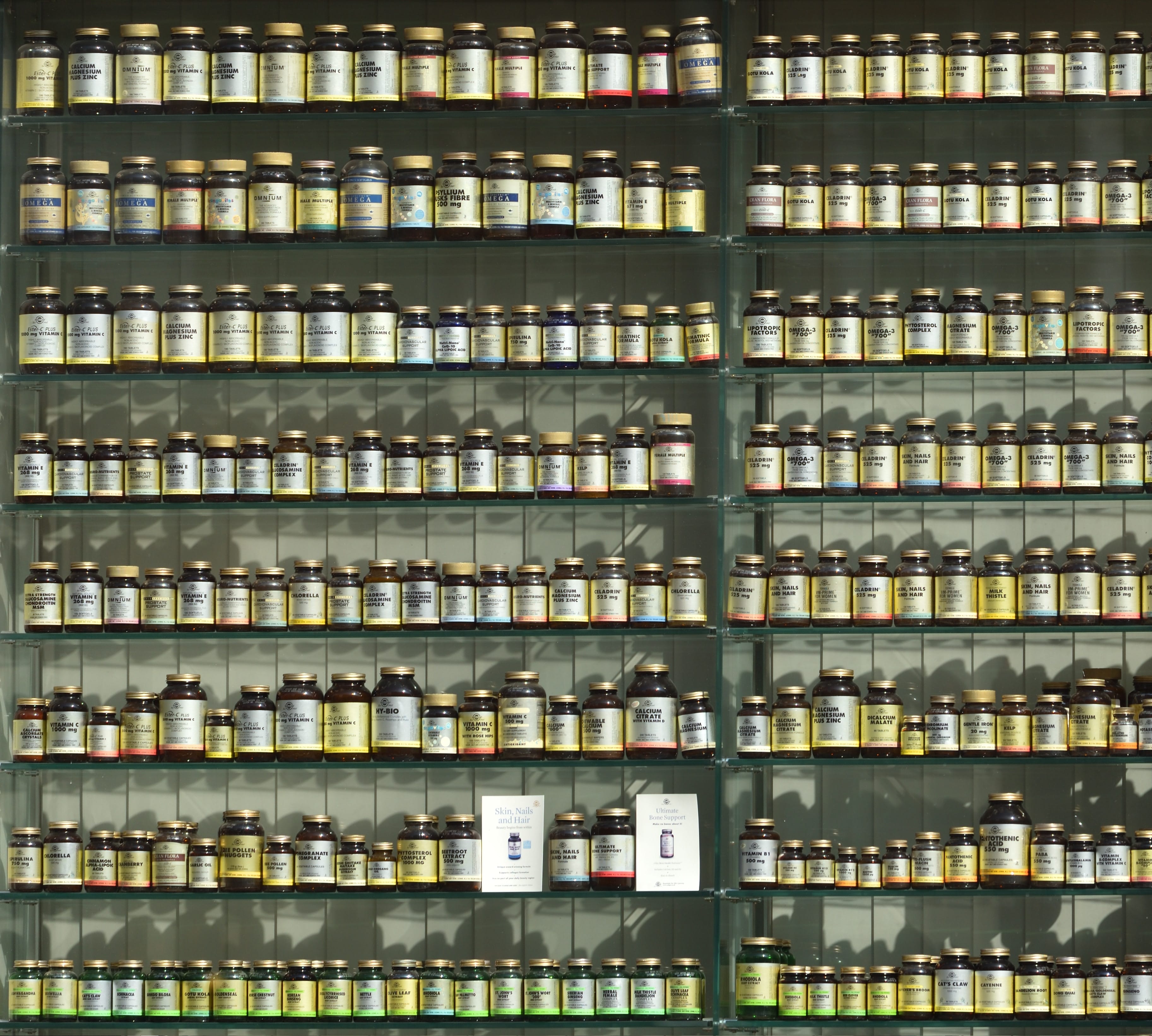Ginkgo Biloba Not Found in Dietary Products, According to Agency
In its report released last November, the Government Accountability Office (GAO) said two of three dietary products claiming to ward off memory loss were mislabeled but wouldn’t name which ones or the drug manufacturers. The federal agency said a testing lab found that one of the products did not contain any of the ginkgo biloba it had on its packaging, and the second had less of the substance than the label indicated. In both cases, the GAO reported, the products contained unknown substitute ingredients used instead of ginkgo biloba. The third offender, a fish oil supplement, was found to exceed the ingredient amounts stated on the label.
What’s more, a federally funded study in 2009 found that despite claims of dietary supplements infused with ginkgo biloba increasing mental awareness and fighting against memory loss, it does neither. The GAO said it referred its findings on the two ginkgo biloba products to the U.S. Food and Drug Administration (FDA) “for review and a possible investigation.” It said, “the safety of the [mystery] product is unknown.”
“Consumers should be informed so that they know that they’re being defrauded,” said Laura MacCleery, policy director for the Center for Science in the Public Interest, a nonprofit watchdog group. The ginkgo biloba products were chosen because of their popularity and the reputation of the retailers stocking them. She added, “This is a missed opportunity because the GAO could have told consumers what it found.”

Dr. Pieter Cohen, an associate professor at the Harvard Medical School, said, “Taxpayers should know what was found…We’re paying for it.”
Holly Johnson, the chief science officer of another trade group, the American Herbal Products Association, said, “No test methods or data were released, so it is impossible to ascertain if the test methods used were scientifically valid and fit for purpose for those two finished products.” Duffy MacKay, the council’s senior vice president for scientific and regulatory affairs at the Council for Responsible Nutrition, added, “Our organization has really embraced the concept of transparency.”
2018 sales of supplements are estimated at $45.8 billion, and the number of supplement products on the market has increased from 4,000 in 1994 to 80,000. The FDA said it took 145 enforcement actions involving dietary supplements in fiscal 2017, including issuing 70 warning letters and putting on hold 69 shipments of imported products.
“The market is flooded with bad actors,” said Dr. Michael Carome of Public Citizen, a consumer advocacy group, adding that there are so many products on the market, regulators “just can’t keep up.”
When asked why the GAO isn’t providing more information, Chuck Young, the agency’s managing director for public affairs, said, “The bottom line is we don’t have enforcement powers so we do the responsible thing and turn the information over to those who do have such authority. He added, “We’re focused on government performance so when we find issues in the private sector, it’s general policy and practice not to name specific products, companies, locations, etc. in public reports. That can compromise the efforts of those agencies who do have enforcement power.”
In May, the Center for Science in the Public Interest said consumers should avoid supplements made with ginkgo biloba, which “have largely been shown to be ineffective in improving memory and circulation.”
Sources:
Feds Find Memory Boosters Were Falsely Labeled But Refuse to Say Which Ones
MEMORY SUPPLEMENTS: Results of Testing for Selected Supplements


Join the conversation!